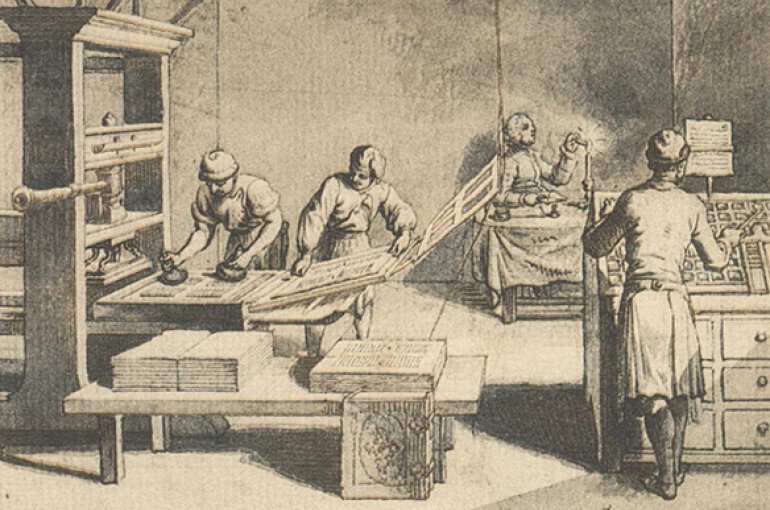New research on the emergence of the knowledge society in the early modern world

Wat are the historical roots of our present-day global knowledge society? This will be investigated in the new project 'Creating a knowledge society in a globalizing world (1450-1800)', led by Prof. Sven Dupré and Prof. Wijnand Mijnhardt (both of the Department of History and Art History and the Descartes Centre, Utrecht University). The international, comparative study received an internationalisation grant from the Netherlands Organisation for Scientific Research (NWO).
Collecting and distributing information
The innovative capability of the present-day knowledge society depends upon the large-scale collection and distribution of information on the basis of which knowledge is produced and multiplied. The process of production and distribution happens at a global level. Facilitating knowledge and information exchange is almost invariably accompanied by regulation of its distribution. This project investigates the historical roots of the global knowledge society. Its long-term ambition is to contribute to our understanding of the knowledge society in a global context and to gain insights in its development up to today.
New media and institutions in the early modern world
The project's first phase (for which the current funding has been granted) focuses on the Low Countries (1500-1750), but explicitly from a comparative perspective. In the early modern period, an explosive expansion in the production and distribution of data took place, followed by regulation of knowledge flows (e.g. book privileges and censorship), but also by a reorganization of institutions handling knowledge transfer (e.g. art academies, universities) and the development of new media. Through the invention of the printing press, the founding of academies and of trade companies and the growth of state bureaucracies, knowledge production and knowledge distribution evolved into much broader, more interactive social processes than in previous centuries.
International collaboration
Running until December 2017, the project is a collaboration between Utrecht University's Descartes Centre, the Max Planck Institut für Wissenschaftsgeschichte in Berlin, the Netherlands Institute for Advanced Study in the Humanities and Social Sciences (NIAS) and the HuygensING. Around 50 researchers from various countries participate. The results will be presented at several large conferences, including a session at the History of Science Society conference that will be held in Utrecht in 2019. In addition, there will be exhibitions in the Netherlands and abroad, a book series and a series of public events in collaboration with the Royal Netherlands Academy of Arts and Sciences (KNAW).

